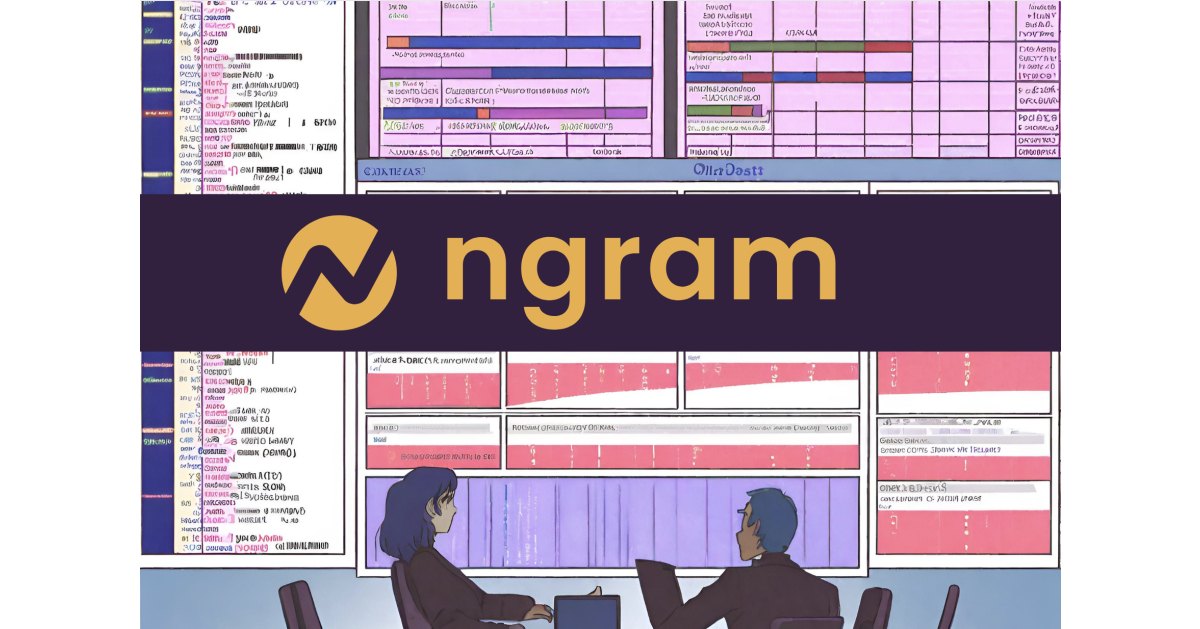
The Challenges and Benefits of Managing Big Data in Today’s Business Landscape
[ad_1] In the modern business landscape, the amount of data generated is growing at an unprecedented rate. This surge in data, often referred to as

[ad_1] In the modern business landscape, the amount of data generated is growing at an unprecedented rate. This surge in data, often referred to as

Want to connect with a specific community at TechCrunch at Disrupt 2023? Consider hosting an After Hours event! It’s a great way to network in

Congress plans to allocate billions more dollars towards the Space Launch System (SLS) rocket and the Artemis program, while NASA’s science missions may face cuts

[ad_1] San Francisco, CA, March 22, 2024 –(PR.com)– Ngram, a pioneering generative AI company in the life sciences industry, today announced the release of its medchat-qa-descriptive

[ad_1] Los Angeles, CA, March 14, 2024 –(PR.com)– In response to the evolving demands of leadership in our rapidly changing world, Author Ms. Nicky Dare, a

[ad_1] Houston, TX, March 31, 2023 –(PR.com)– The customers need for a growth capital solution required the ability to finance cash payments for inventory being manufactured

[ad_1] Houston, TX, December 30, 2023 –(PR.com)– The customer, a global technologies and materials group, that facilitates nano materials into next generation of commercial technologies and